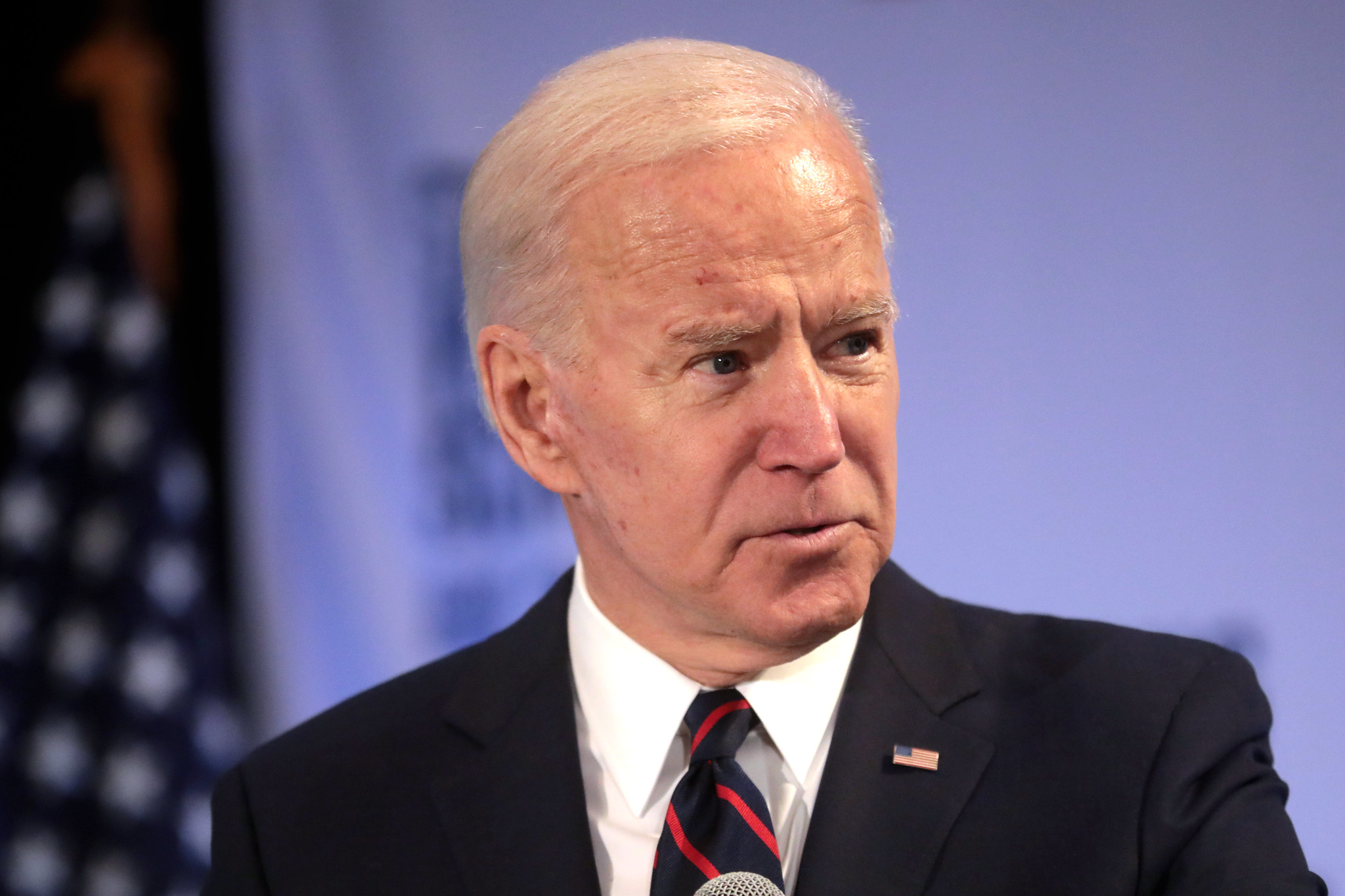In an unprecedented decision, Joe Biden has announced his resignation as president of the United States effective at noon on Jan. 20, 2025.
Biden becomes one of the few sitting American presidents who opted not to seek a second term. The moment is unique in U.S. political history because Biden’s decision comes so close to the next presidential election and after he had secured the Democratic Party nomination earlier this year.
Biden joins three other 20th century American presidents: Lyndon B. Johnson, Harry S. Truman and Calvin Coolidge in deciding against running for a second term. However, all assumed office upon the death of the incumbent, so actually served more than a single term. Truman served two terms less 82 days.
Like Biden, Johnson lost party support
Johnson and Truman announced the decision not to run again in March of the election year, while Coolidge gave notice more than a year in advance. Their parties were able to hold primaries that allowed a nominee to be selected.
Johnson’s decision most closely parallels that of Biden. Johnson had declining health. Indeed, he died two days after what would have been the end of his second full term in office.
In addition, he had lost the support of important constituencies within his party. This was not because of his age or health, but due to the quagmire of the Vietman War. Fearing a split in the Democratic Party and an embarrassing failure to secure the nomination, he announced — at the end of a long televised speech on Vietnam — that “I shall not seek, and I will not accept, the nomination of my party for another term as your president.”
Biden, Trump become their parties’ nominees
Biden easily captured 87 per cent of the delegates headed to the 2024 Democratic National Convention to determine the party’s nominee. The primaries ran from January to June, but by March 2024, Biden had already secured enough candidates to become the presumptive nominee of the Democratic Party.
By March, Trump had also locked up the Republican nomination, setting the stage for the first presidential rematch since 1956.
In May, the Biden campaign, fearing the president wouldn’t perform well in debates with Trump in front of a live audience, suggested news studio debates without an audience, one of which would be held much earlier that in previous presidential campaigns.
That was a strategic error. The June 27 debate was a disaster for Biden who failed to accomplish the one thing he needed: to assuage Democrats that he had the stamina for another term in the Oval Office.
Biden has never performed well in front of an audience without a teleprompter. He has held significantly fewer news conferences and media interviews than recent presidents at this point in their terms.
What happens next?
In social media posts, Biden couched his decision as one that was best for the party, the presidency and American democracy. But only the future will reveal if that’s the case.
Endorsing Vice-President Kamala Harris for the Democratic nomination was his only option.
Delegates to the party’s convention in Chicago in mid-August are likely to endorse her since there’s scant time for any rival to mount an effective run for the nomination. Any internal battles within the Democrats will only work to Trump’s advantage, something that Biden and Harris are sure to stress at every opportunity leading up to the convention.
Trump has for some time called Biden unfit to continue in office — including after the president’s bombshell announcement that he’s bowing out of the 2024 race — and he’ll now probably see an aura of inevitability about his potential return to the Oval Office. After all, in just a few days, he has not only survived an assassination attempt, but now — in an unparalleled manner — pushed his rival from office after a single televised debate.
Biden may have engineered a historic election in November that could feature the first female presumptive candidate for president, and the first Black and South Asian woman, duelling his arch rival. But if Trump wins in November, Biden’s momentous decision will always be second guessed.
 Thomas Klassen does not work for, consult, own shares in or receive funding from any company or organisation that would benefit from this article, and has disclosed no relevant affiliations beyond their academic appointment.
Thomas Klassen does not work for, consult, own shares in or receive funding from any company or organisation that would benefit from this article, and has disclosed no relevant affiliations beyond their academic appointment.



 Trump to Address Nation as U.S. Launches Strikes in Iran, Axios Reports
Trump to Address Nation as U.S. Launches Strikes in Iran, Axios Reports  NYC Mayor Zohran Mamdani Meets President Trump to Tackle Housing Crisis and ICE Detentions
NYC Mayor Zohran Mamdani Meets President Trump to Tackle Housing Crisis and ICE Detentions  Australian PM Calls Alleged Western Australia Terror Plot “Deeply Shocking” After Arrest
Australian PM Calls Alleged Western Australia Terror Plot “Deeply Shocking” After Arrest  Netanyahu Suggests Iran’s Supreme Leader Khamenei May Have Been Killed in Israeli-U.S. Strikes
Netanyahu Suggests Iran’s Supreme Leader Khamenei May Have Been Killed in Israeli-U.S. Strikes  Macron Urges Emergency UN Security Council Meeting as US-Israel Strikes on Iran Escalate Middle East Tensions
Macron Urges Emergency UN Security Council Meeting as US-Israel Strikes on Iran Escalate Middle East Tensions  Pentagon to Halt Ivy League Programs for U.S. Military Officers Starting 2026
Pentagon to Halt Ivy League Programs for U.S. Military Officers Starting 2026  Trump Launches Operation Epic Fury: U.S. Strikes on Iran Mark High-Risk Shift in Middle East
Trump Launches Operation Epic Fury: U.S. Strikes on Iran Mark High-Risk Shift in Middle East  Israel Launches Fresh Strikes on Iran After Death of Supreme Leader Ayatollah Khamenei
Israel Launches Fresh Strikes on Iran After Death of Supreme Leader Ayatollah Khamenei  U.S.-Iran Nuclear Talks Show Progress but No Breakthrough Amid Rising Military Tensions
U.S.-Iran Nuclear Talks Show Progress but No Breakthrough Amid Rising Military Tensions  Argentina Senate Approves Bill to Lower Age of Criminal Responsibility to 14
Argentina Senate Approves Bill to Lower Age of Criminal Responsibility to 14 
































